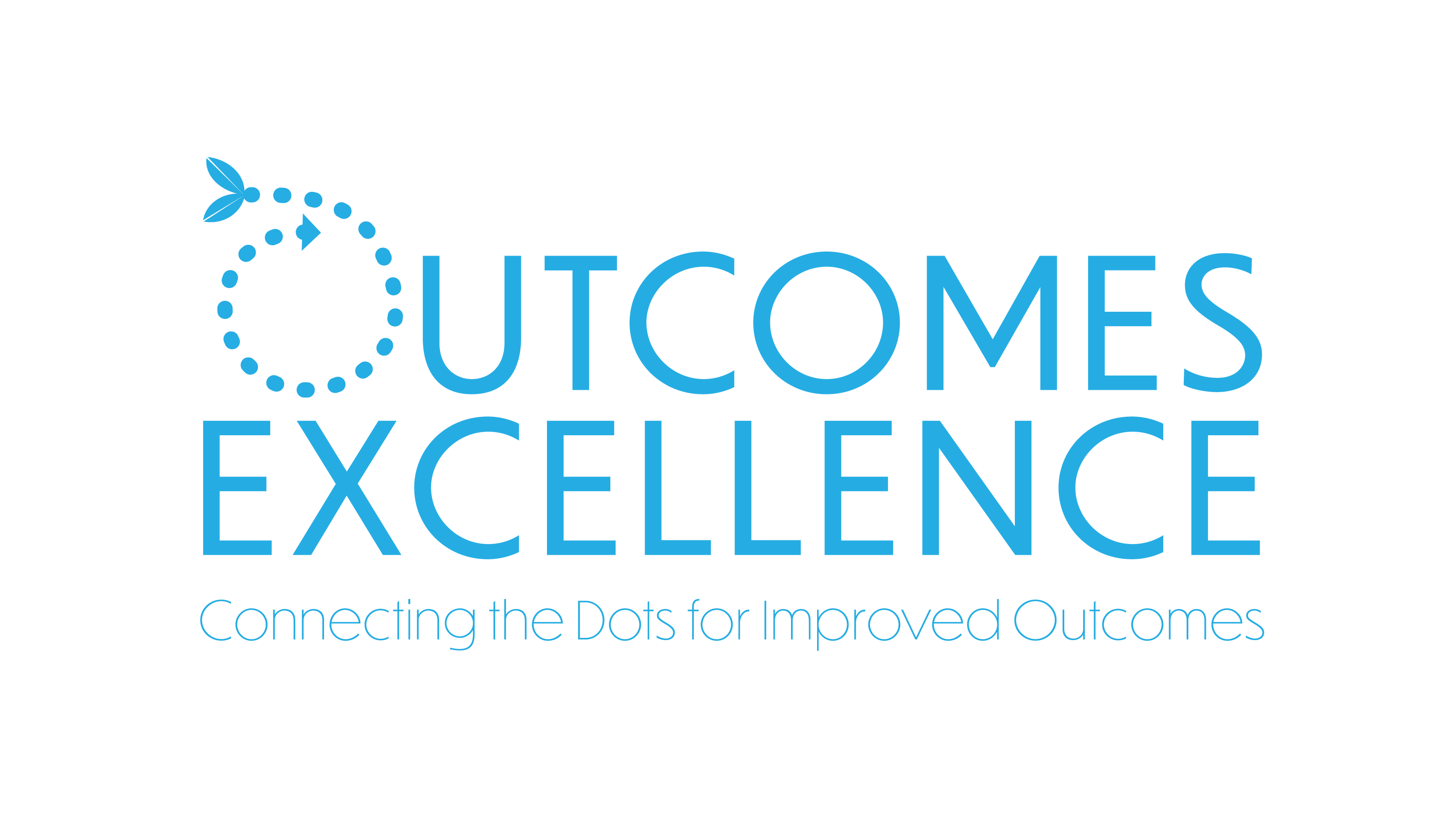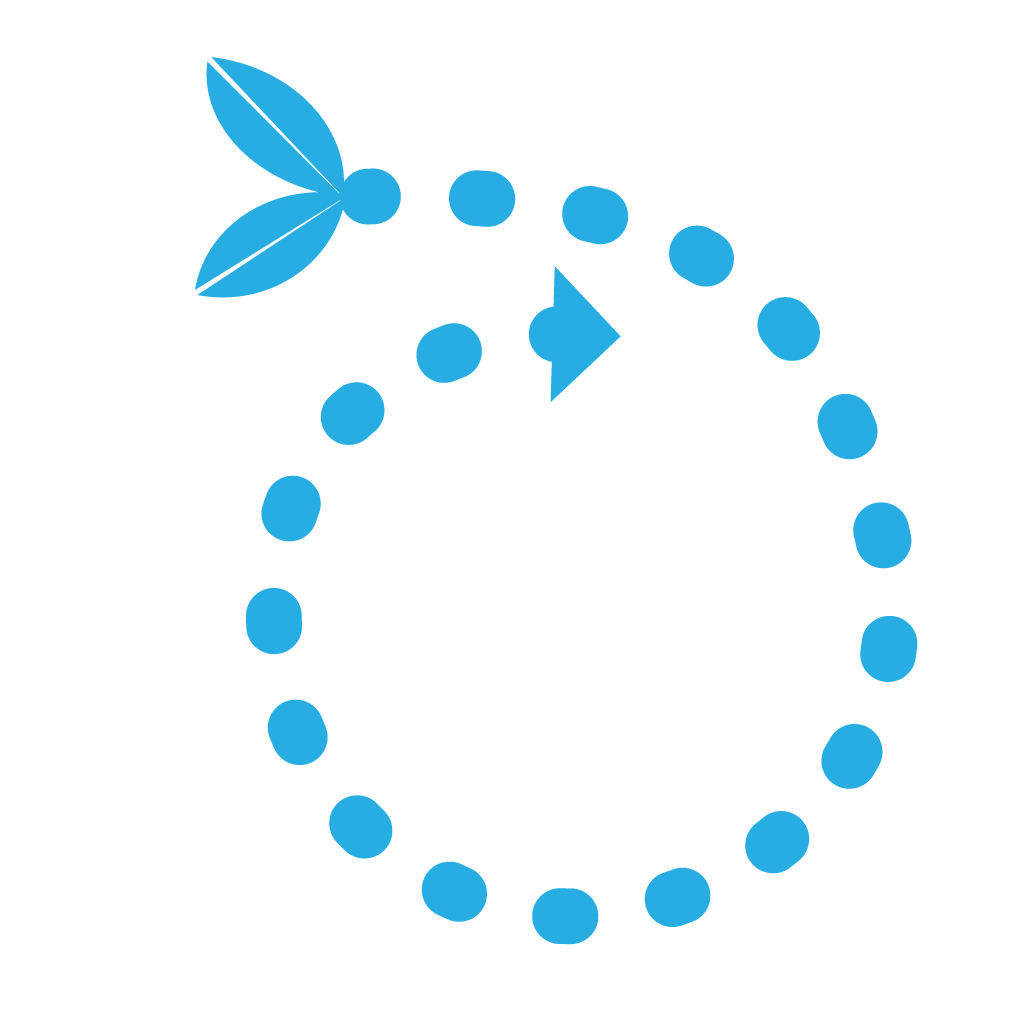
What is theWholisticHealth Program?
A practical, evidence-based journey to mental, physical, spiritual, and relational health.
At least 90% of participants have improved mental health and outlook scores.
What's you're next move?
Frequently Asked Questions
The Wholistic Health Program © is designed with Neuroplasticity Cognitive Training techniques, Cognitive Behavior Therapy techniques, Repetitive Behavior Redirection techniques, and the Stages of Change Model to build neural pathways for habits that encourage healthy relationships, improved health, and an increased quality of life. The program shows evidence of positive outcomes by:
- Detoxing physically and mentally.
- Replacing unhealthy habits with positive habits.
- Increasing emotional intelligence.
- Practicing positive self-talk.
- Setting healthy boundaries with important people.
- Addressing and processing traumatic experiences.
- Reshaping the external environment.
- Reshaping inner circles.
- Addressing forgiveness.
- Overcoming fear.
- And many more factors scientifically found to impact relationships, health, and quality of life.
This program is facilitated with diverse groups in community settings, private practices, mental health facilities, wellness centers, etc. It is designed specifically for adults 18 years of age or older, although some community partners and professionals allow teens (13 - 17 years old) to participate with parental consent. The program is designed to be flexible, focusing on the individual needs and readiness of each person.
The exercises in the program help participants practice core skills (e.g. setting boundaries, emotional intelligence, etc.) that can benefit any relationship, whether intimate, parental, social, or professional.
The program is most effective with people that are between 3 and 6 on the Stages of Change Model (with 2 being the lowest recommended stage). It is also best for people that have none, mild, or controlled mental health issues. Individuals with severe mental health issues such as psychosis or schizophrenia should be stabilized first, before attempting to complete the program. Participants also respond best when motivational interviewing techniques are used during sessions, basically using open ended questions that explore the person's experiences, perspectives, and ideas.
The most common way clinical professionals and other facilitators have implemented the program is by:
- Recommending the program to participants that range between 3 and 6 on the Stages of Change Model (with 2 being the lowest recommended stage).
- Adding the program and exercises as action items on the patient or client's treatment or health plan.
- Meeting with the participant once per week (or another agreed schedule) to process the exercises as they complete them, either in person or virtually. Example schedules for individual and group sessions can be found in the Facilitators Guide.
- Requesting that participants complete the Wholistic Health Assessment at least once, to help participants see and target areas of improvement. This can be at the beginning or end of the program, however the most helpful timeframe for assessment is before and after the program to gauge improvement. Practices that do not have resources to properly collect and analyze the assessment can contract these services through Outcomes Excellence. Contact info@OutcomesExcellence.org if this is needed.
The program is designed to be flexible and solve top regulatory and accreditation issues including having individualized and personalized treatment plans, using evidence-based programs, and incorporating spiritual health into treatment which is optional based on individual beliefs. Due to its flexibility health facilities have incorporated the program in a variety of ways that meet their mission and patient needs. The program is especially effective with outpatient and residential programs, and can be facilitated by a clinical professional with group or individual sessions. The Spiritual Health Component is optional and can be omitted as needed.
The Wholistic Health Program © is currently $29.99 per workbook. Facilities may need to consider indirect costs, such as working with IT to implement the assessment electronically or contracting with Outcomes Excellence to provide participant assessment results. Although using the Wholistic Health Assessment © is optional, having a consistent and scientifically reliable and valid method for assessing patient outcomes is best practice. Optional training can also be requested for clinical employees or facilitators as needed. Facilities cover travel expenses (e.g. rental car, flight, hotel if necessary) with a minimum of four hours for training at $500 per hour (whether in person or virtual).
As an evidence-based program there are certain aspects that make the Wholistic Health Program © effective. For this reason, although it’s not required, it’s highly recommended that facilitators be certified to ensure quality programming. There are seven steps to being acknowledged as a certified facilitator:
- Watch the Wholistic Health Program © Facilitator's Training.
- Review the Facilitator's Guide.
- Purchase the Wholistic Health Program ©.
- Mentally Prepare for the 21 Day Detox and Fast.
- Complete the Program as a Participant.
- Complete the Facilitators Competency Test.
- Assist with and Shadow a Live Facilitation.
Once you complete the training you will receive an official certificate as a “Certified Facilitator of the Wholistic Health Program ©”. Training is coordinated through Outcomes Excellence. Visit the www.OutcomesExcellence.org for more information on the training and contact info@OutcomesExcellence.org if you have questions.
A certificate of completion certifies that someone completed the program. This is optional and can be provided when requested or to all participants. Someone may request a certificate of completion for several reasons: they’re required to show effort of personal development, the visual reward encourages continued improvement, they’re tracking their journey, etc. To receive a certificate of completion participants should complete the Wholistic Health Assessment © and the program must be completed with a certified facilitator.
Our official statement outlines the program's evidence-based practices, uses, and benefits and can be provided to surveyors and auditors or placed in the policy and procedure binder that is typically requested during an audit. In addition, they are looking for actual implementation evidenced in health records. Tying the program into treatment objectives and progress notes is essential. For consultation on how this could be improved please contact info@OutcomesExcellence.org.


